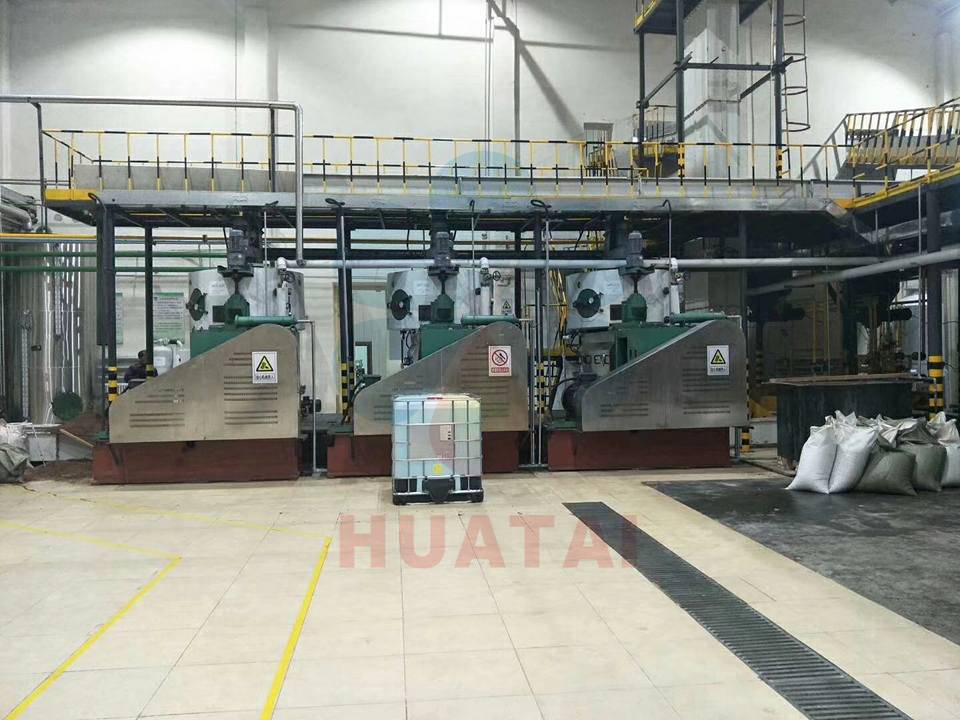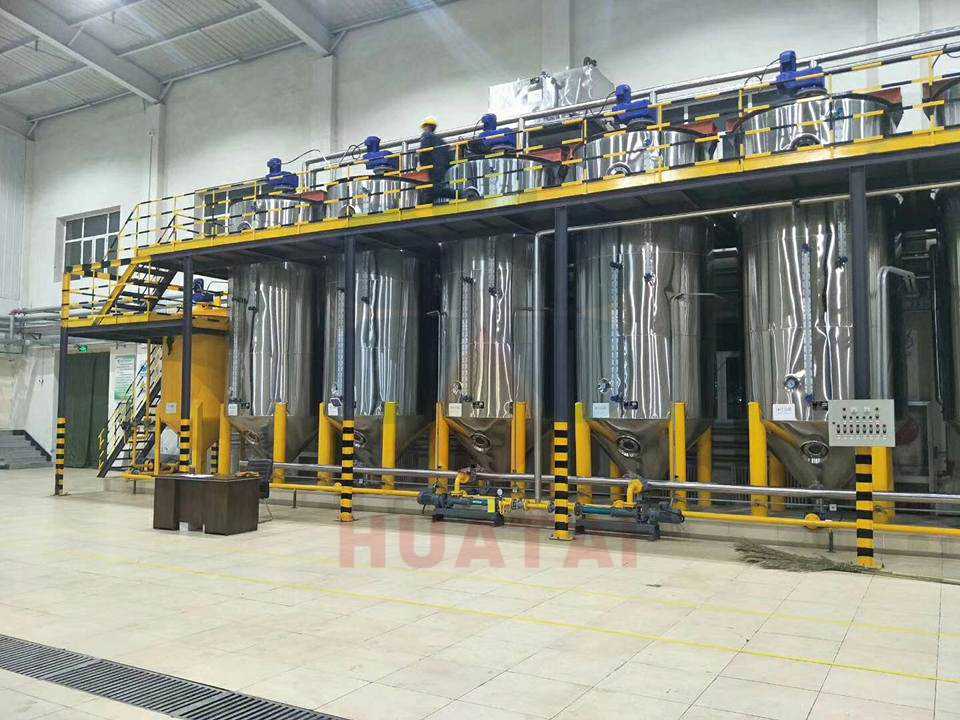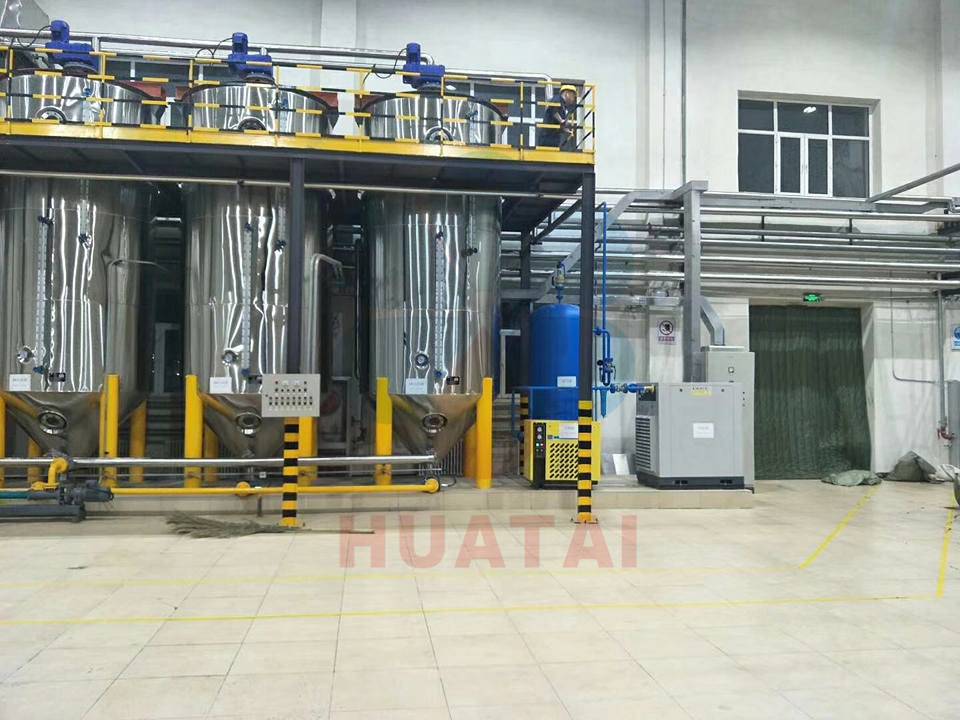Most large and medium-sized rapeseed oil factories in China use a high-temperature pre-pressing and solvent extraction process. The typical process for rapeseed oil extraction includes: rapeseed → cleaning → softening → flaking → cooking → pre-pressing → solvent extraction → crude oil.

Small oil presses produce fragrant rapeseed oil, commonly known as "fragrant rapeseed oil" or "small press rapeseed oil." The pressing temperature can reach up to 150°C, making it a hot pressing method. Equipment used includes hydraulic presses and 95-type screw oil presses. The pressed cake undergoes significant thermal denaturation and is often sold to large oil processing companies for solvent extraction to retrieve the remaining oil.
Cold pressing, or low-temperature pressing, involves extracting oil without steaming and frying the seeds, using mechanical force to squeeze the oil out. This method minimizes nutrient loss and produces high-quality oil and cake, making it an environmentally friendly process. Cold-pressed oil is obtained through pure physical pressing without heat treatment, using only physical means to remove impurities. This process eliminates the need for flaking and steaming, significantly reducing energy consumption.

The cold pressing process includes: rapeseed → cleaning → conditioning and drying → dehulling and separation → water conditioning → cold pressing → rapeseed oil.
Steps in Cold Pressing:
1. Cleaning:
The raw material must be carefully selected to avoid quality issues caused by maturity differences and harmful substances like aflatoxins.
2. Cooking:
This step removes free moisture and odors from the seeds and kills various molds. The drying temperature should not exceed 50°C.
3. Dehulling and Separation:
Rapeseed contains 16%-20% hulls, which have high fiber content and anti-nutritional factors. Dehulling improves oil quality, reduces refining costs, and enhances the protein content and color of the cake.
4. Water Conditioning:
Adding water helps the hydrophilic substances in the seeds to swell, breaking cell structures for easier oil extraction. It also reduces the phospholipid content in the oil.
5. Cold Pressing:
After dehulling, the seeds are pressed using high-compression oil presses. Single-screw presses may require multiple pressings, while twin-screw presses are more efficient and suitable for cold pressing.

Not all oilseeds are suitable for cold pressing. For example, soybean oil has a beany flavor, high-erucic acid rapeseed oil has a pungent taste, and cottonseed oil contains gossypol toxins, all of which require refining. Sesame oil and fragrant peanut oil need hot pressing to develop their flavors. Small press fragrant rapeseed oil focuses on flavor, while cold-pressed rapeseed oil excels in color and nutrient retention.
Huatai Oil Machinery provides good quality oil mill plant, time & fast delivery, perfect after-sale services, and reasonable price, contact us!
Website: https://www.huataioilmachine.com/Copyright @ Henan Huatai Cereals And Oils Machinery Co.,Ltd.